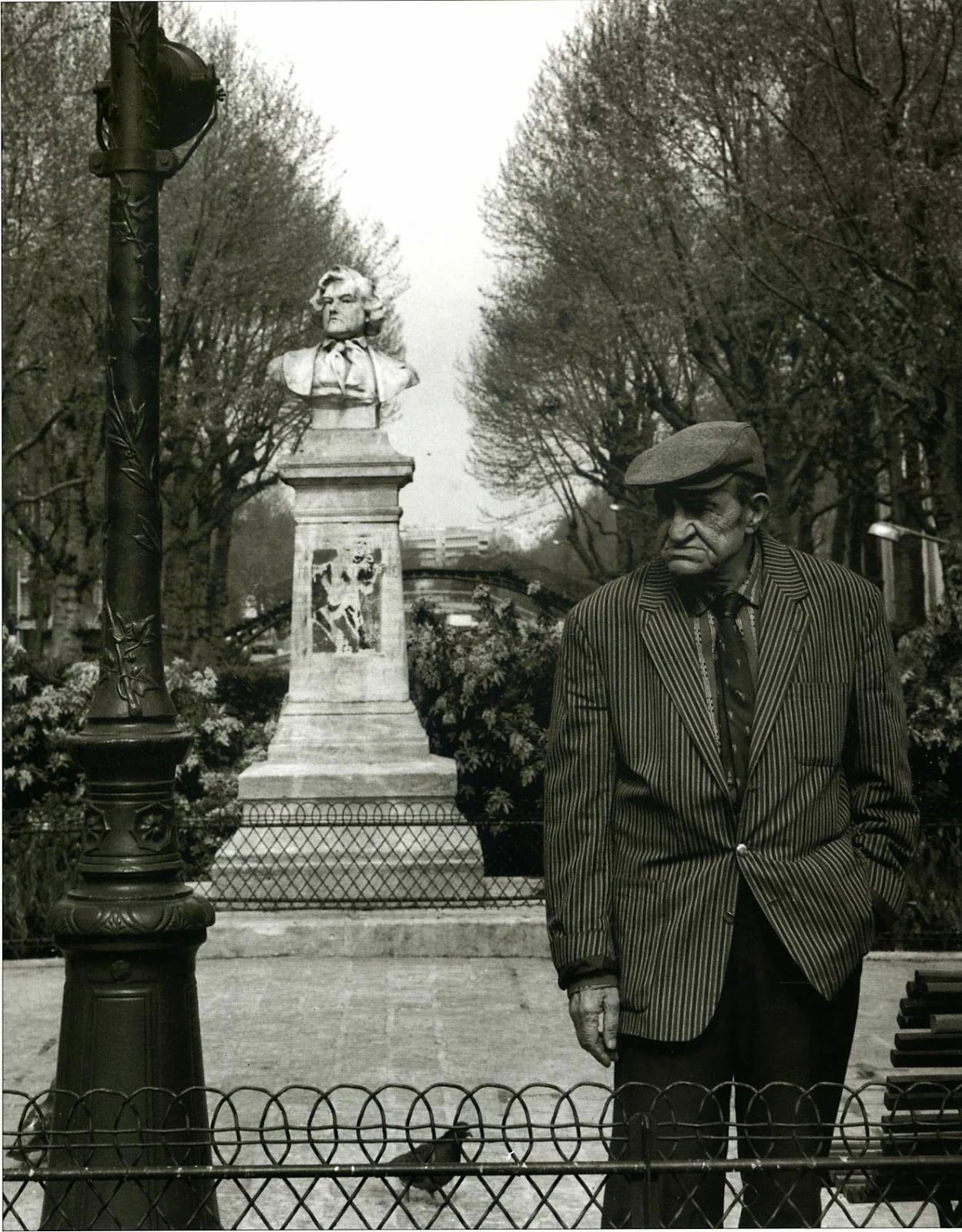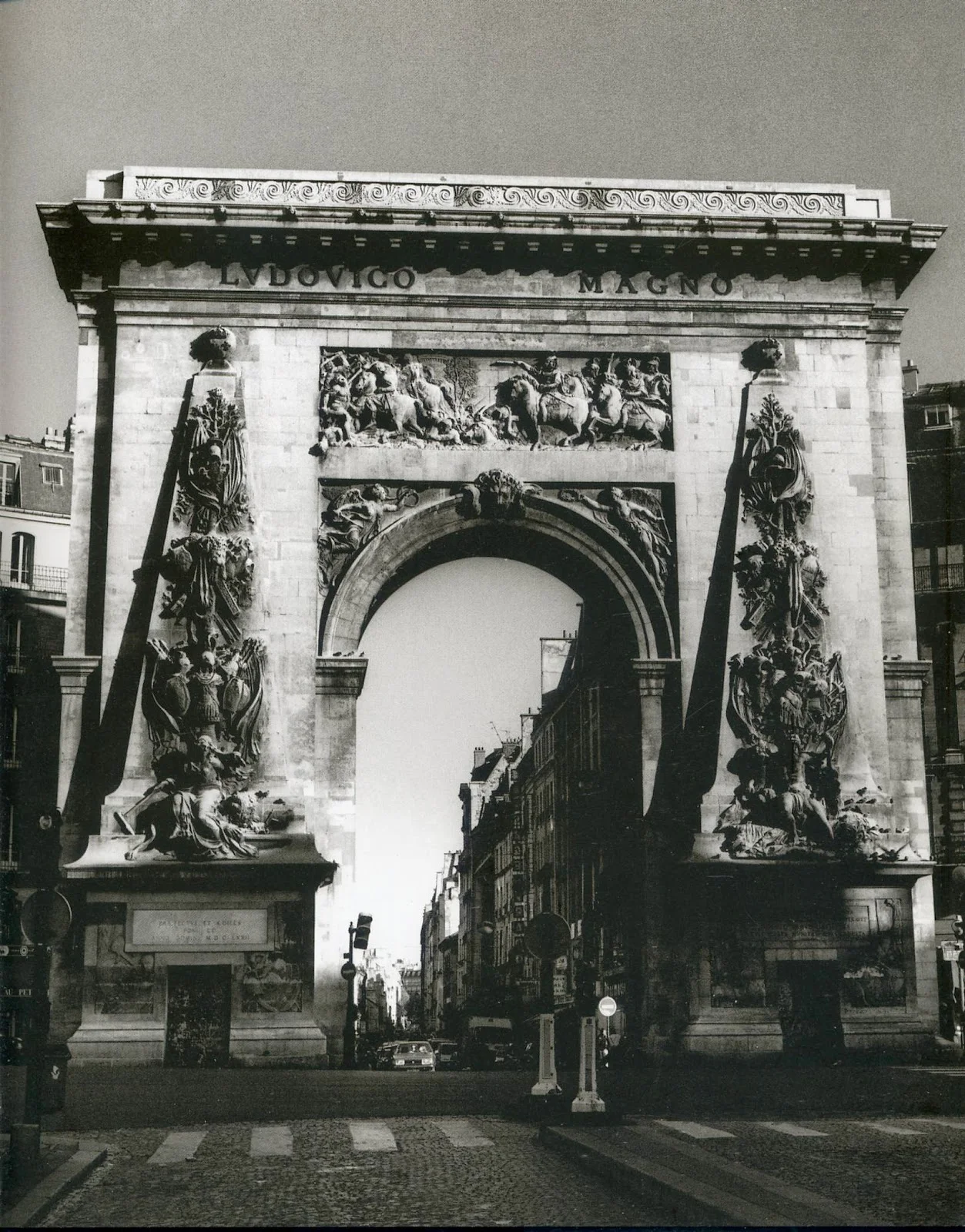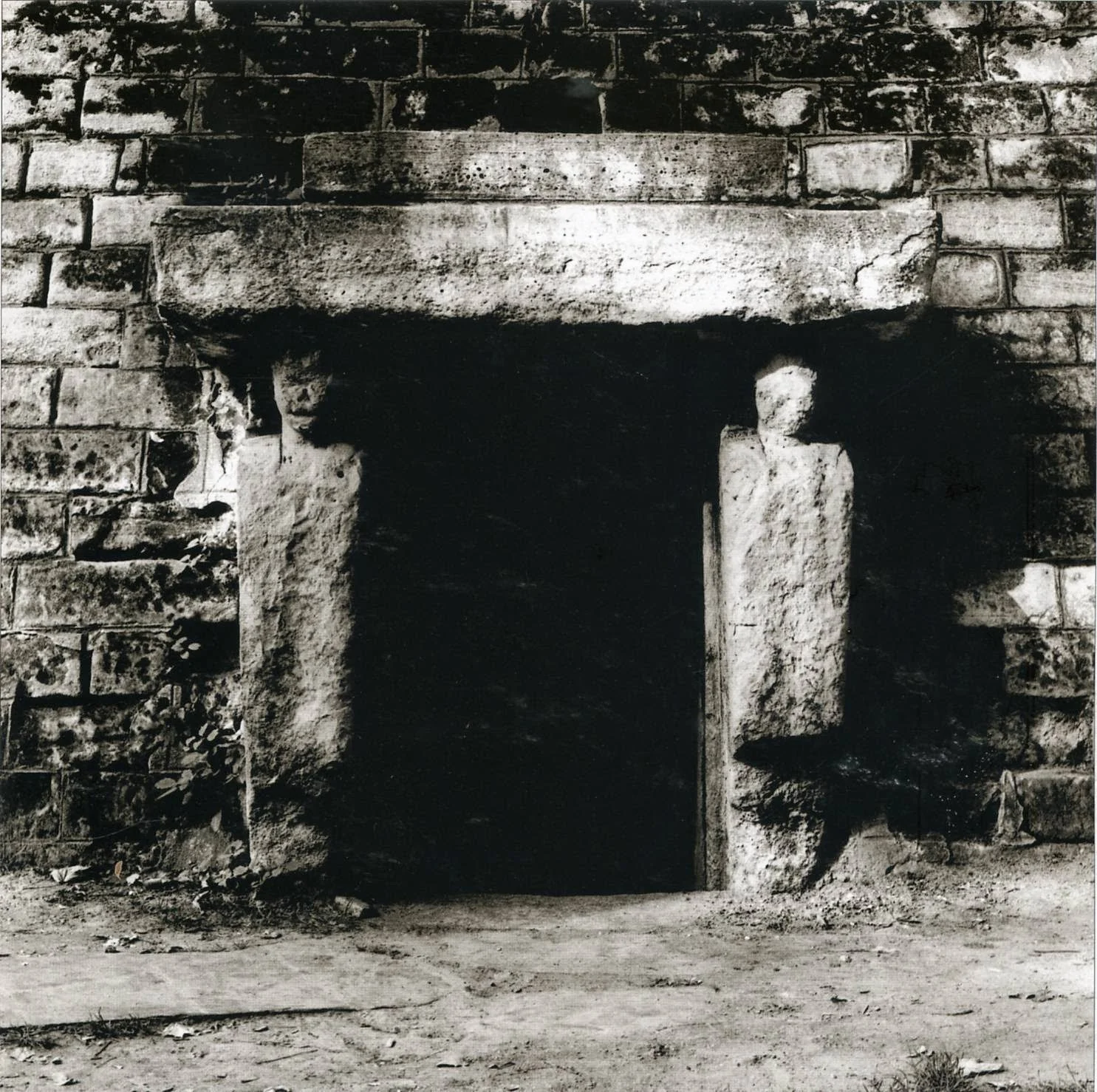Surrealist artist
and photographer Michael Woods is the
co-author of the superb Paris and the
Surrealists (Thames & Hudson), together with his friend George Melly.
In a volume that is
digressive yet evocative of Paris's lure, Melly attempts to "provide a
parallel text" for photos by Woods. Melly is nearest his goal when he
reminisces about his decidedly unglamorous youthful wanderings through the city
and his 1952 meeting with his hero, esteemed surrealist Andre Breton; Woods's
duotone images, their grays so warm as to appear brown, often portray shop
windows, monuments, street scenes that one might witness on an aimless stroll
or from a seat in a cafe. Overall, this collaboration repeatedly asserts but
ultimately does not demonstrate that "although historic surrealism is entombed
in libraries and museums, its marvelous phantom still haunts the city of its
birth."
This book is an
interesting experiment, partly a Surrealist documentary, it brings chance into
the fairly predictable realm of history/autobiography. George Melly missed the
Paris heydey, but did manage to meet and get to know various figures associated
with the Surrealists. Moreover, Melly learned the history of Surrealism, and
attempts to weave this history into a meaningful journey - much like the random
journeys down the back-alleys such as the Surrealists enjoyed. Yet, the
narrative itself is only partially worthwhile. If Melly was perhaps a larger
figure in the history at hand, his story would gain in importance. As it
stands, however, his tale remains one man's description of his brush with fame.
The story is interesting only as a way of contextualizing the history.
The other
"half" of the book revolves the black and white photographs
contributed by Michael Woods. These images show a Paris relatively unchanged from
the Surrealist era. That is, one sees objects and images similar to what
Breton, et. al, may have seen, and, occasionally, one glimpses places and
structures that are indeed what the Surrealists saw. Again, these images are an
interesting way of contextualizing the history.
As an addition to a
library on Surrealism, Surrealists, or 20th century Paris, this book may be
worthwhile. I would not recommend it, however, as a primary source for
understanding the movement of or the people involved in Parisian Surrealism.




















































